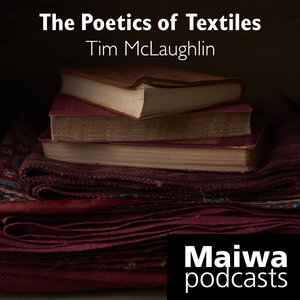
OCELOT FASHION SHOW
with lunch, wine and music
WEDNESDAY JUNE 2, 2010
Sandbar Restaurant Granville Island,
Vancouver, Canada
11:30 am - 1 pm

See our previous post for more details.
with lunch, wine and music
WEDNESDAY JUNE 2, 2010
Sandbar Restaurant Granville Island,
Vancouver, Canada
11:30 am - 1 pm

See our previous post for more details.











































